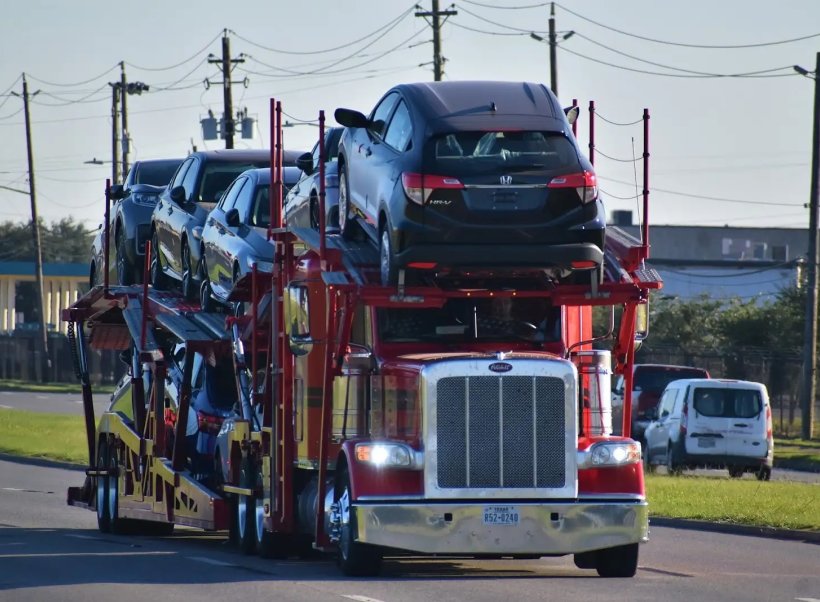



Common Mistakes in Car Trailer Hauling
1. Overloading the Trailer: One of the most frequent errors is overloading the trailer. Not only does it pose safety risks, but it can also lead to hefty fines. Always adhere to the weight limits specified for your trailer to avoid unnecessary complications.
Tip: Use a scale to weigh your load before starting your journey. Distribute weight evenly to maintain balance and control.
2. Neglecting Routine Maintenance: Skipping regular maintenance checks can lead to breakdowns and delays. Routine inspections are vital to ensure that your vehicle and trailer are in top condition.
Tip: Create a maintenance schedule and stick to it. Regular oil changes, brake checks, and tire inspections can prevent many common issues.
3. Inadequate Route Planning: Failing to plan your route can result in longer travel times, increased fuel costs, and delivery delays. It's essential to map out your journey in advance.
Tip: Use GPS and route planning software to identify the most efficient paths. Avoid routes with low bridges or weight restrictions.
4. Ignoring Legal and Compliance Requirements: Overlooking legal requirements can lead to penalties and legal troubles. It's crucial to stay updated with regulations and ensure all documentation is in order.
Tip: Familiarize yourself with the Federal Motor Carrier Safety Administration (FMCSA) regulations. Keep all permits, licenses, and other paperwork up to date.
5. Poor Load Securing: Improperly secured loads can shift during transit, leading to accidents and damage. Ensuring your cargo is safely fastened is a must.
Tip: Use high-quality straps and chains. Double-check your load before hitting the road to ensure everything is tightly secured.
6. Underestimating Weather Conditions: Weather can significantly impact your journey. Failing to consider weather conditions can result in delays and unsafe driving conditions.
Tip: Check weather forecasts regularly and plan your trips accordingly. Be prepared to adjust your schedule if adverse weather is expected.
To mitigate these common mistakes, many owner-operators are turning to professional dispatching services. Here's why:
Efficient Route Planning: Dispatchers utilize advanced software to plan the most efficient routes, saving time and fuel.
Compliance Management: Professional services ensure all legal requirements are met, keeping you in line with regulations.
Load Management: Expert dispatchers assist in optimal load distribution and securing, minimizing the risk of accidents.
24/7 Support: With round-the-clock support, you can resolve issues quickly, ensuring smooth operations.